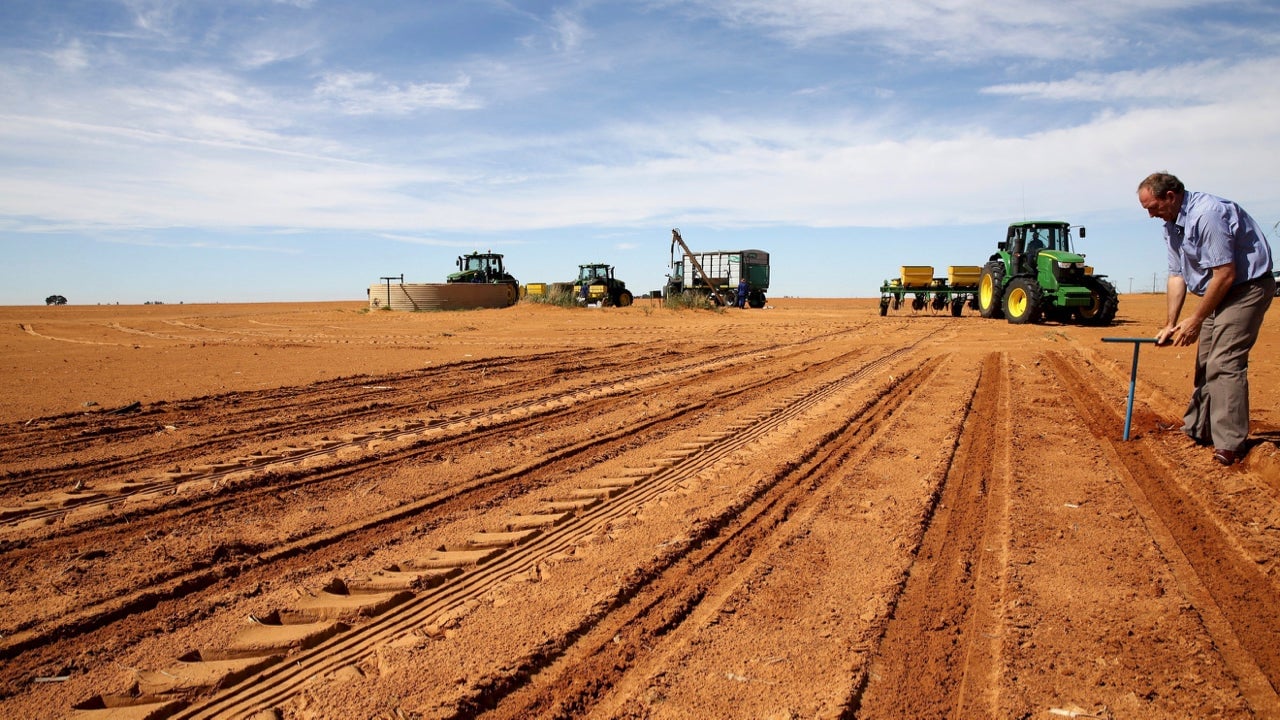South Africa’s much needed land debate is being turned into an international racist rant
South Africa’s land—still largely owned by the white minority—is to be redistributed to black owners.


South Africa’s land—still largely owned by the white minority—is to be redistributed to black owners.
The resolution in parliament on Feb. 27 is historic and emotional as it seeks to address the displacement of black South Africans through four centuries of colonialism and apartheid.
The motion is based on a policy decision taken by the African National Congress in December last year. It “resolved that this should be pursued without destabilizing the agricultural sector; without endangering food security in our country; and without undermining economic growth and job creation,” according to an ANC statement.
Nowhere did it say that the land was to be taken from white farmers, and yet that has not only become the headline, it has fuelled political jockeying ahead of South Africa’s 2019 election. It also distracts from a process that is essential to fixing the country’s enduring inequality.
The motion does not immediately trigger expropriation, but instead appoints a committee who will review South Africa’s liberal constitution, which already allows for land redress. The process is vague and will likely be a protracted bureaucratic matter. This, however, would not make for a dramatic headline and catchy slogan. In the absence of details, extremist views have choked out any real debate.
“If necessary, AfriForum will fight the motion in the council halls of the United Nations,” reads a petition launched by an Afrikaner lobby, aimed at the international community to “illustrate the extent of the crisis.”
Thousands have already signed similar petitions asking US president Donald Trump to allow white South Africans into the country. Another petition is aimed at the EU, based on white South Africans’ ancestry.
These campaigns are based on the dangerous myth that a “white genocide,” targeting white farmers in particular has been underway since the ANC came to power in 1994. Some petitions went as far as implying that white South Africans should jump the immigration line ahead of Somali and Middle Eastern refugees who could not be vetted, according to the Root.com.
Conservative media have also taken up the task of sounding the alarm that South Africa was headed toward the kind of violence Zimbabwe saw about a decade ago. The comparisons with Zimbabwe’s policy failures would be helpful in a sober conversation. The current discourse instead distorts complicated events that led to impoverished black war veterans violently forcing white farmers off their land with the protection of an increasingly despotic Robert Mugabe.
British newspaper the Daily Mail reported the South African parliament’s motion as a done deal that echoed Zimbabwe more than a decade earlier: “White South African farmers will be removed from their land after a landslide vote in parliament,” read their inaccurate lead on February 28. Glenn Beck told his listeners that “it could be a full-fledged race war,” (although he didn’t quite agree with letting Afrikaner refugees into the US).
On Fox News, Tucker Carlson said US liberals’ refusal to act was “giving cover to one of the most corrupt regimes in the world.” Darker corners of the internet see a civil war coming. Breitbart emerged as the relatively more considered voice in this arena, saying this was not a matter of race, but of spreading socialism.
It would be easy to ignore the right rants if it weren’t for similar utterances on the left. The radical Economic Freedom Fighters brought the motion to parliament and seemed determine to ensure that victory would not be overshadowed by the centrist ANC.
“We don’t back whites, we don’t care about their feelings. They’ve made us suffer for a very long time. They must be happy we’re not calling for genocide,” EFF leader Julius Malema told a crowd in Soweto, quickly adding that taking back the land did not require outright violence. “We hurt you and take from you without a drop of blood—that’s the power of democracy.”